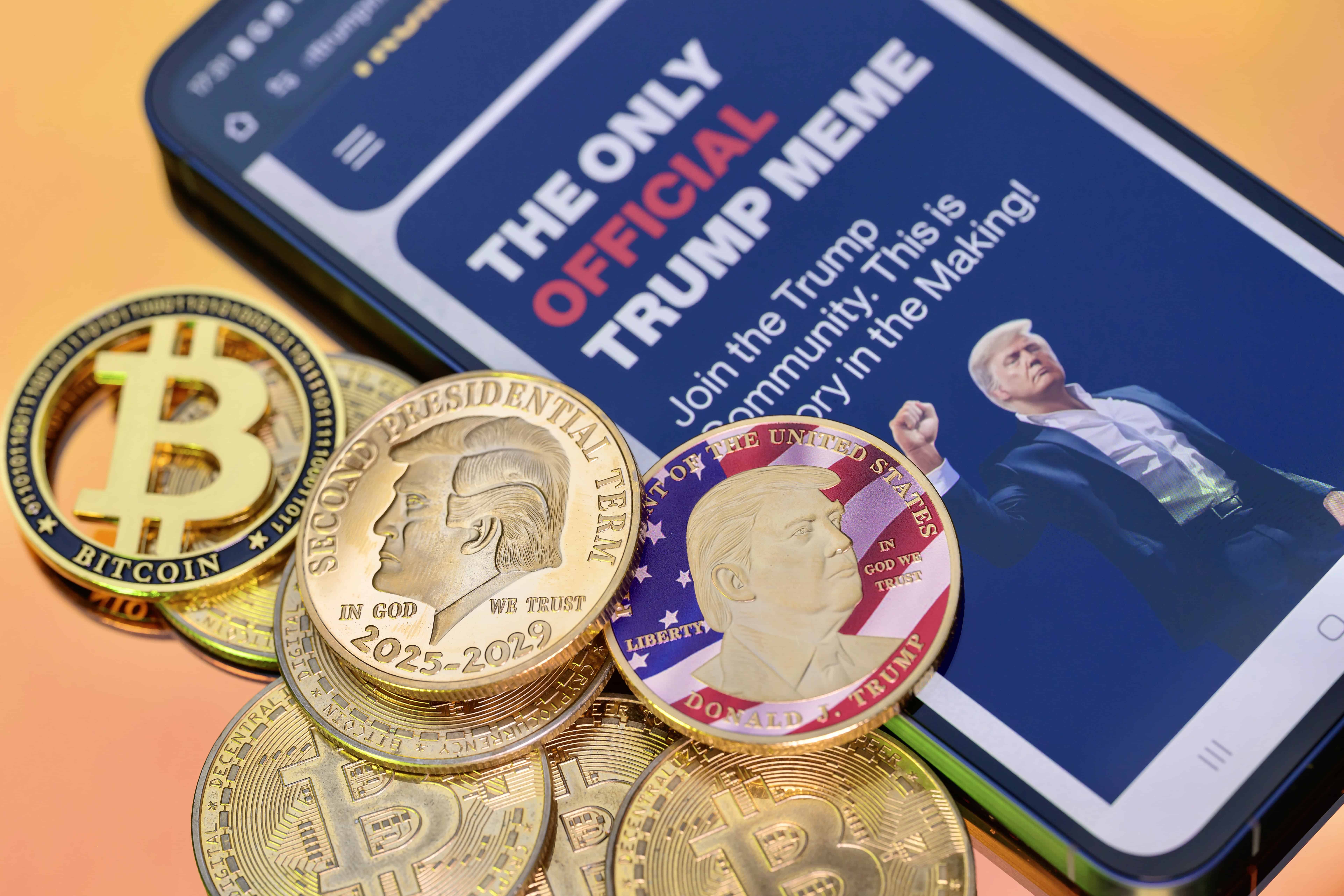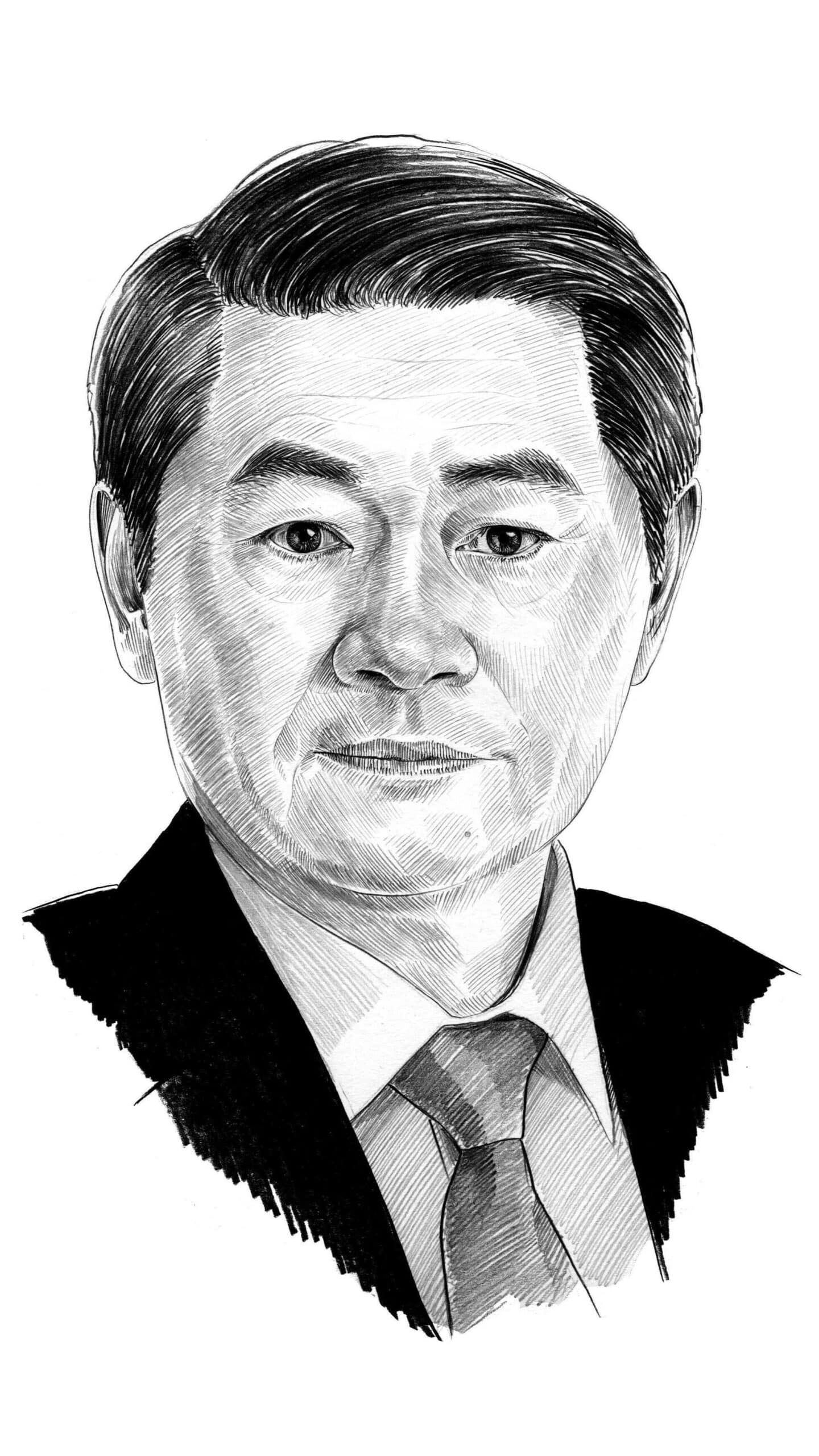Kevin Rudd was the Prime Minister of Australia from 2007–2010 and in 2013. He was also the nation's foreign minister between 2010 and 2012. After leaving government, Rudd became a senior fellow at the Kennedy School at Harvard University, where he researched U.S.-China relations. In 2015, he became president of the Asia Society Policy Institute. Today, he is the president and CEO of the Asia Society, and based in New York. Rudd graduated from the Australian National University and is fluent in
LISTEN NOW
Face-Off: U.S. vs. China
A podcast about the turbulent relationship between the world's two superpowers, the two men who run them, and the vital issues that affect us all.



